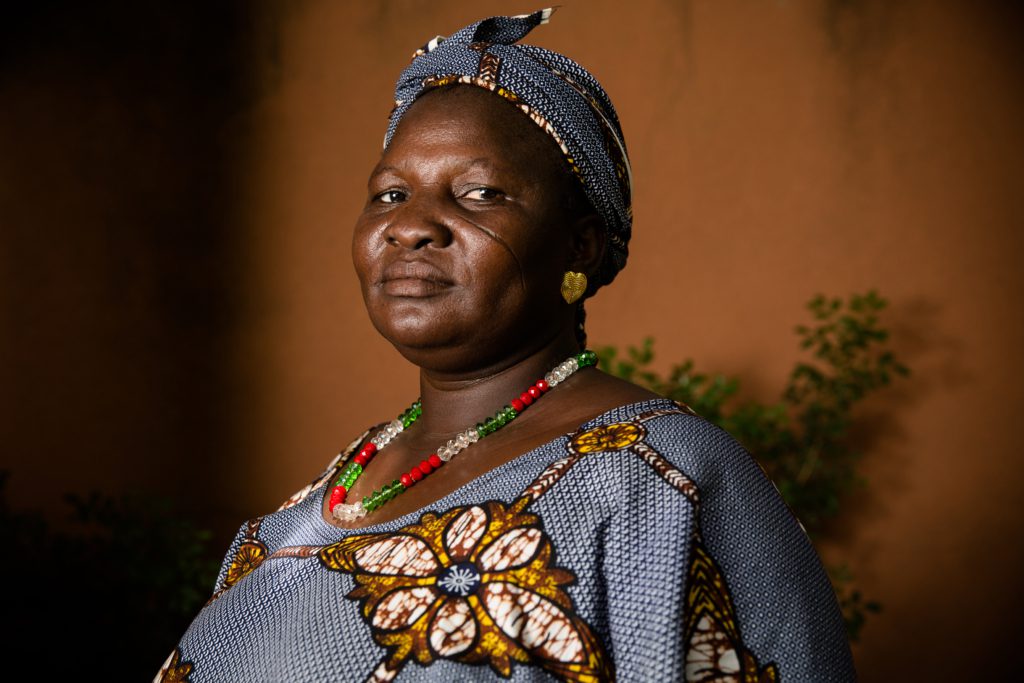The U.S. Supreme Court overturned Roe v. Wade, the 1973 advisory that established the constitutional right to abortion. Roe’s end will have a ripple effect on women’s health care in general, even beyond access to abortion — miscarriages, birth control, and Plan B could all be affected.
But the issue has wider implications. Pregnancy doesn’t just affect women — it affects anyone who can get pregnant, including trans men and intersex, non-binary, or gender-expansive people. All these individuals are affected by abortion policies, but access to competent care can be even more difficult for trans and intersex people.
Read more below about how trans and intersex people are affected by pregnancy and abortion laws, why inclusivity matters, and what it looks like in practice.
Not just women
There are 1.4 million transgender adults in the United States, which is probably a huge underestimate. Many transgender men can get pregnant because they have a uterus and ovaries. In addition, intersex people can contact pregnant if they have a uterus and ovaries. And many people who are non-binary, genderqueer, or otherwise don’t fit neatly into the “male” or “female” categories, which can also get pregnant.
While fighting the age-old idea that femininity and childbirth are inextricably linked is hard, the ability to conceive doesn’t automatically make someone a woman. The reverse is also true – not all women can become pregnant, including trans women and cis-gender women (one who is assigned a woman at birth who identifies with that label) who have fertility problems or have had their ovaries or uterus removed.
FG Trade/Getty Images
Why inclusivity matters
Much of the language surrounding pregnancy and abortion is aimed at cis women – right down to popular terms like “women’s rights” and “mama’s brain.” And while most pregnant people are indeed cis women, the strong focus on gender can alienate many.
Trans, non-binary, and intersex people also have unique reproductive needs, and they routinely experience a lack of awareness or health care resources.
That’s why it’s important to use inclusive language when talking about pregnancy, abortion, parenting, and reproductive health in general. At CNET, we use gender-neutral terms like “people” instead of “women”.
Gender terms like “mother” and “breastfeeding” will always have a place; many women like these terms and use them often. But we should not assume that they apply to everyone. Updating your terminology is an easy switch that can go a long way in improving outcomes for pregnant people of all genders.
Anthony Rosenberg/Getty

Inclusive Pregnancy or Abortion Conditions
Pregnant People: When in doubt, you can’t go wrong by simply using the word ‘people’ where you would previously use ‘women’. The term “people” is about as inclusive as you can get – it includes everyone. Other options are ‘individual’, ‘patient’, or ‘parent’.
Using “people” also forces you to be more specific rather than making gender-based generalizations. For example, you can say “people who can become pregnant” or “people who menstruate” instead of just “women”. This has the bonus of being more aware of women who do not have a uterus, are not menstruating, or are unable to conceive for any reason.
Human rights: Regarding abortion bans, the phrase “a woman’s right to choose” often crops up. A more inclusive alternative is to refer to abortion care as a human right instead.
A birth parent or surrogate mother: This term can replace “mother” to refer to someone who carries and gives birth to a baby. It is also useful for same-sex couples where both parents are mothers, but only one physically holds the child.
Breastfeeding: Some trans and non-binary parents feed their babies with their milk. Refer to the milk as “breast milk” or “breast milk”. You can swap ‘breast’ for ‘breast’ and ‘breastfeeding’ for ‘breastfeeding’.
The information in this article is for educational and informational purposes only and is not intended as health or medical advice. Always consult a physician or other qualified healthcare professional if you have any questions about a medical condition or health goals.